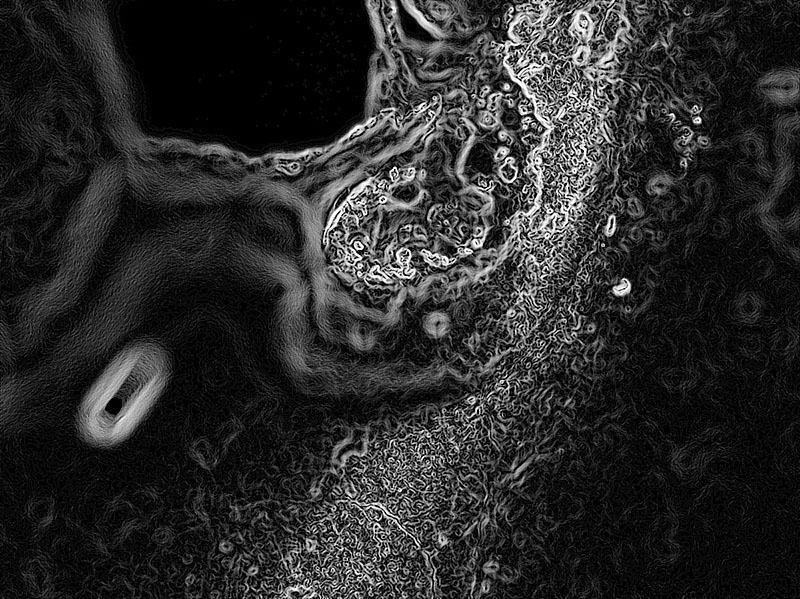Khaleda Zia?s snub to Pranab Mukherjee does not matter in the long run. But she is making a strategic blunder by staying aligned with Jamaat

When President Pranab Mukherjee visited Bangladesh earlier this week, its opposition leader Khaleda Zia (above) of the BNP did not meet him, because of public strikes that her ally, Jamaat-i-Islami, has been calling to protest the verdicts of the Bangladesh International Crimes Tribunal. Photo: AFP
Earlier this week, when President?Pranab Mukherjee?visited Bangladesh, its opposition leader?Khaleda Zia?of the Bangladesh National Party (BNP) did not meet him, because of public strikes that her ally, Jamaat-i-Islami, has been calling to protest the verdicts of the Bangladesh International Crimes Tribunal. The BNP called another strike this week in sympathy with the Jamaat, whose leaders are, one by one, being convicted of war crimes by the Tribunal. Continue reading “Fire in Sonar Bangla”





